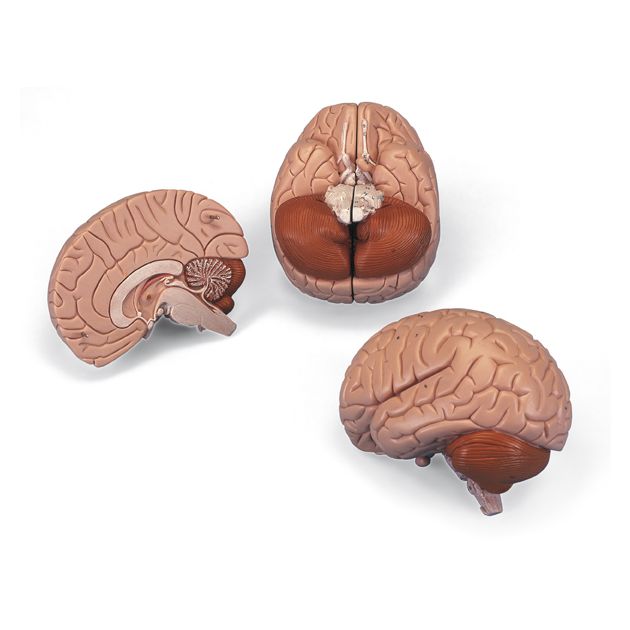Best Foods for Brain Fog
Brain fog is a common issue that affects people of all ages. This mental cloudiness can make it hard to focus, think clearly, and remember important information. A variety of factors contribute to brain fog, such as lack of sleep, stress, and poor diet. Fortunately, certain foods can help combat this mental fatigue. Incorporating these foods into daily meals can promote clarity, focus, and mental sharpness.
Understanding Brain Fog
Before diving into the best foods for brain fog, it’s essential to understand the condition itself. Brain fog causes various cognitive issues, including forgetfulness, lack of concentration, and mental fatigue. Stress, hormonal changes, and poor nutrition often trigger these symptoms. Certain lifestyle habits, such as inadequate exercise and sleep deprivation, can also exacerbate brain fog. The brain relies on certain nutrients to function optimally. Therefore, a balanced diet is crucial for mental health.
One of the most important things to remember is that food affects brain health. The brain requires a steady supply of nutrients to function correctly. Foods rich in omega-3 fatty acids, antioxidants, vitamins, and minerals can support cognitive function. A well-balanced diet can significantly improve focus and concentration. Transitioning to healthier eating habits can reduce the symptoms of brain fog.
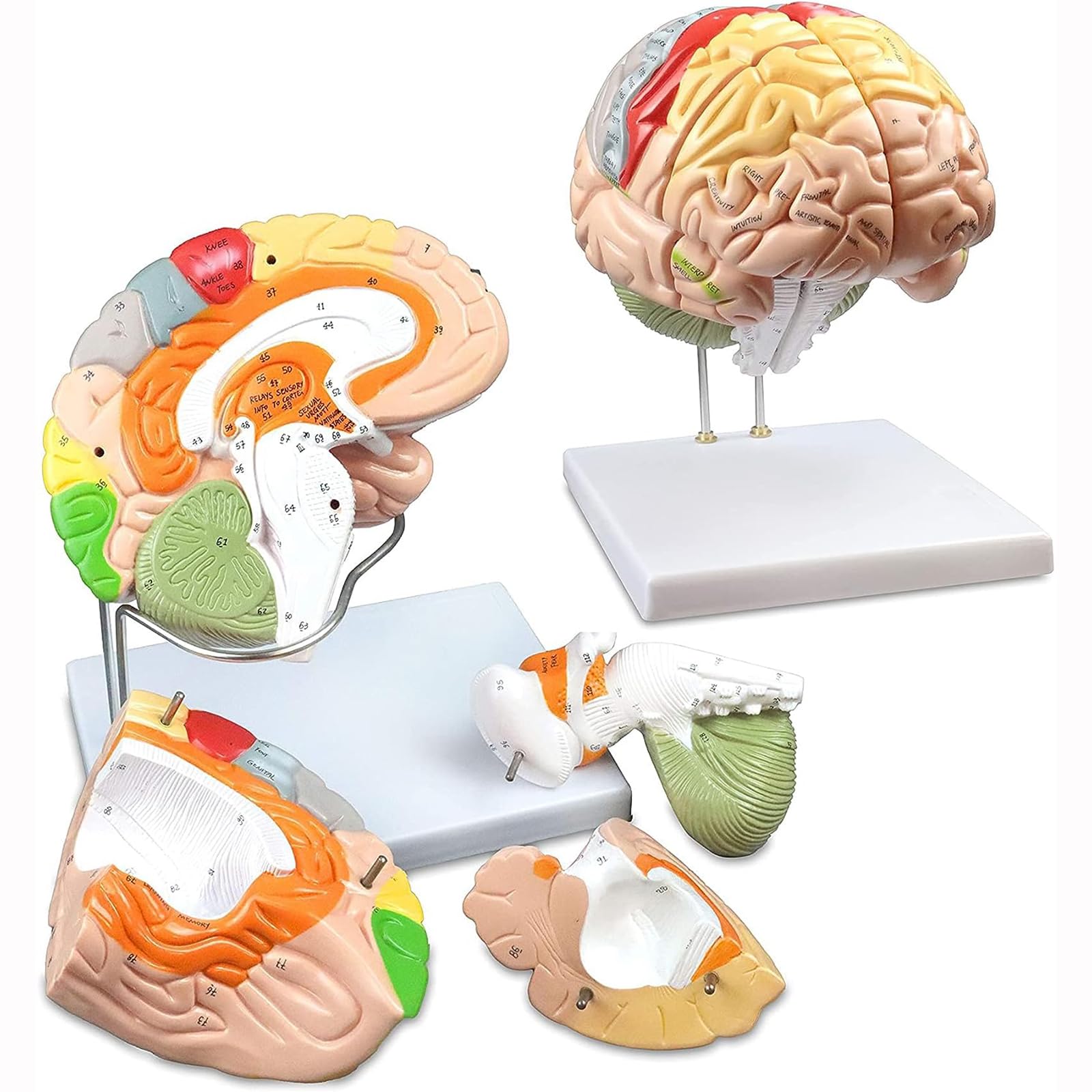
Importance of Nutrition
Nutrition plays a critical role in mental health. Eating a balanced diet supports overall well-being. Certain nutrients are particularly beneficial for cognitive functions. For instance, omega-3 fatty acids help maintain brain health. Similarly, antioxidants combat oxidative stress that can damage brain cells. Consuming a variety of nutrient-rich foods can enhance mental clarity. Therefore, focusing on the right choices is essential for improving brain performance.
Fatty Fish: A Brain Boosting Hero
Fatty fish are among the best foods for brain fog. Salmon, mackerel, and sardines are rich in omega-3 fatty acids. These essential fats support cognitive functions and improve memory. Regular consumption of fatty fish reduces inflammation in the brain. This can help mitigate symptoms of brain fog. Furthermore, omega-3s promote the formation of new neural pathways. This neuroplasticity is crucial for maintaining mental sharpness as one ages.
Including fatty fish in meals is easy. Fish can be grilled, baked, or incorporated into salads. With this versatility, they can fit into any diet. For those who dislike fish, consider omega-3 supplements. These alternatives can also provide the necessary nutrients without the need for fish.
Omega-3 Fatty Acids: The Powerhouse Nutrient
Omega-3 fatty acids are essential for brain health. These healthy fats contribute to improved cognitive function. They are abundant in fish like salmon, sardines, and mackerel. Moreover, plant-based sources include flaxseeds, chia seeds, and walnuts. Consuming these foods regularly can enhance memory and cognitive performance.
Research shows that omega-3s support brain cell structure and function. In addition, they have anti-inflammatory properties that protect neurons. These fats play a crucial role in forming new connections between brain cells. Thus, incorporating omega-3 fatty acids into the diet can alleviate brain fog symptoms.
Adding salmon or mackerel to weekly meal plans is an easy way to boost omega-3 intake. For those who prefer plant-based options, sprinkle chia seeds on smoothies or salads. This simple addition can significantly enhance daily nutrient intake. Transitioning to these healthier sources of fats can lead to improved cognitive clarity.
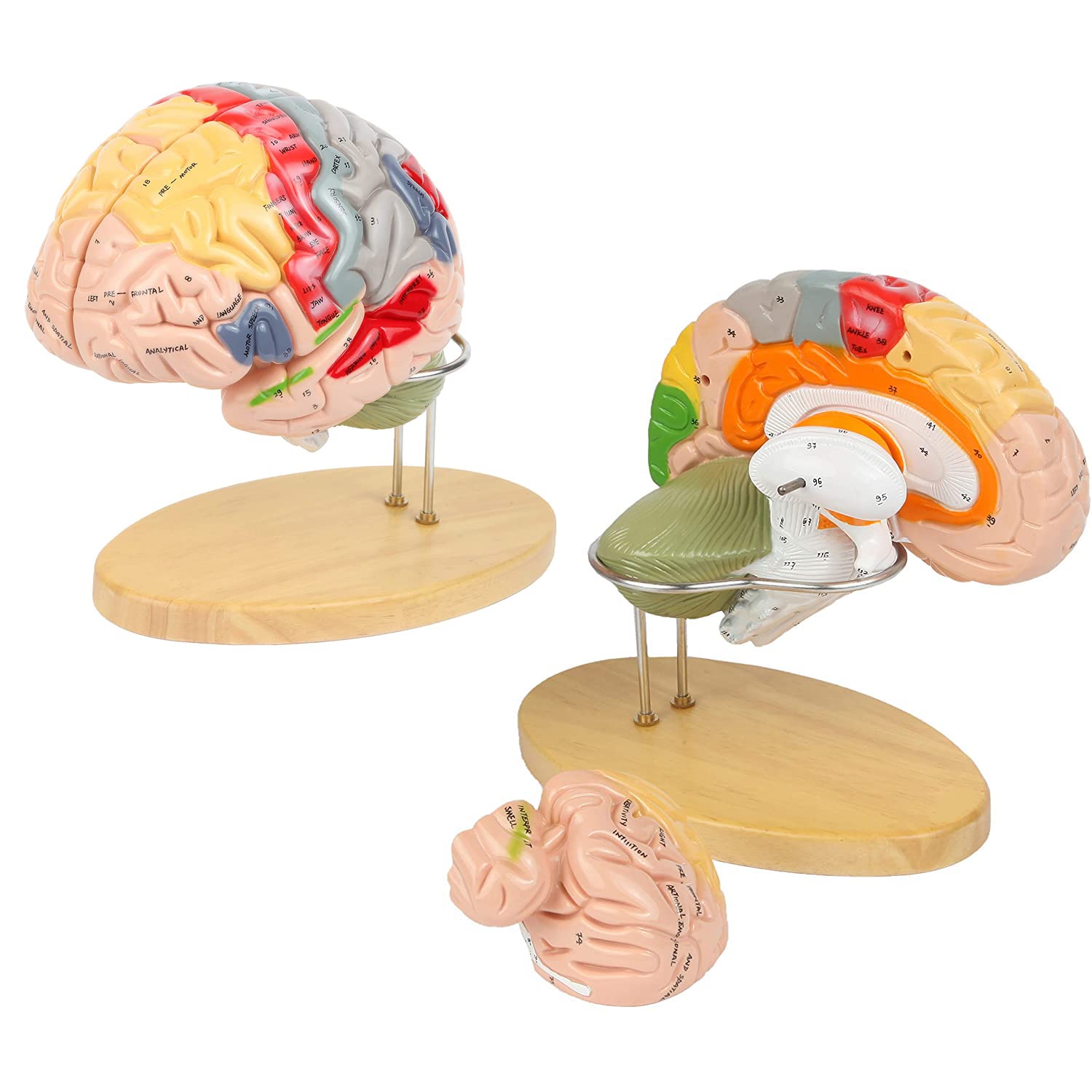
Antioxidant-Rich Foods
Antioxidants protect the brain from oxidative stress. This stress can lead to cognitive decline and brain fog. Foods high in antioxidants include berries, dark chocolate, and leafy greens. Blueberries, in particular, are known for their beneficial effects on brain health. Studies suggest that they can improve memory and cognitive performance.
Incorporating a variety of colorful fruits and vegetables into daily meals ensures a rich supply of antioxidants. Spinach, kale, and broccoli are excellent choices for boosting nutrient intake. Consuming these foods not only supports the immune system but also promotes mental clarity.
Transitioning from processed snacks to antioxidant-rich options can be highly beneficial. For instance, swapping sugary treats for a handful of berries can significantly impact cognitive health. Making small dietary changes can lead to substantial improvements over time. Consequently, a diet rich in antioxidants can effectively reduce brain fog and improve overall mental acuity.
Whole Grains for Sustained Energy
Whole grains are an important part of a brain-healthy diet. They provide the necessary carbohydrates for energy production. Unlike refined grains, whole grains contain fiber that helps maintain stable blood sugar levels. This stability is essential for mental clarity and focus.
Foods such as oatmeal, quinoa, and brown rice are excellent options. These grains offer sustained energy and nutrients essential for brain health. They are rich in B vitamins which play a crucial role in energy metabolism. Including whole grains in each meal can help prevent energy crashes.
Transitioning from white bread to whole grain options can make a significant difference. Moreover, choosing whole grain cereals can provide a nutritious start to the day. In addition, incorporating whole grains into meals can enhance feelings of satisfaction. Consequently, this approach promotes better focus and mental clarity throughout the day.
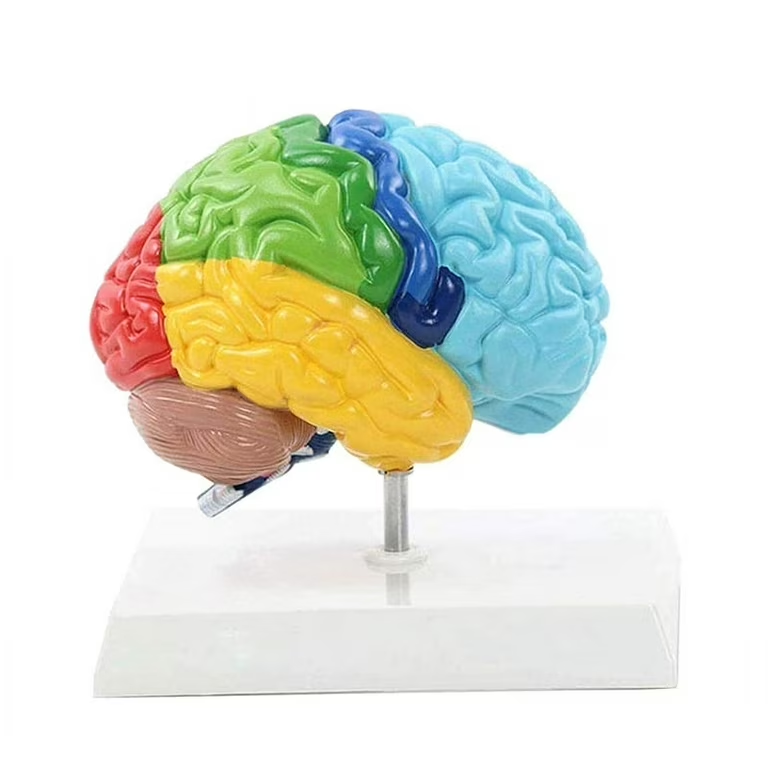
Leafy Greens: Nature’s Brain Boosters
Leafy greens offer numerous benefits for the brain. They are packed with essential vitamins and minerals. Foods like spinach, kale, and collard greens contain high levels of vitamin K, lutein, and beta carotene. These nutrients are associated with improved cognitive function and reduced risk of cognitive decline.
Including leafy greens in daily meals can lead to substantial health benefits. They can easily be added to smoothies, salads, or sautéed dishes. Additionally, consuming a variety of greens ensures a broad spectrum of nutrients. Transitioning from a diet lacking in greens to one rich in them can enhance overall cognitive health.
A vibrant salad or a smoothie packed with leafy greens makes for a nutritious choice. Incorporating these options into meal plans promotes better focus and mental clarity. Furthermore, the fiber content in leafy greens aids in digestion, contributing to overall well-being. Consequently, incorporating more leafy greens can significantly combat brain fog.
Nuts and Seeds for Brain Power
Nuts and seeds are nutrient-dense foods that offer numerous health benefits. They are rich in healthy fats, protein, and antioxidants. Foods such as walnuts, almonds, and pumpkin seeds provide essential nutrients for brain function. Additionally, these snacks can improve mood and mental performance.
Walnuts are particularly notable for their high omega-3 content. Almonds and pumpkin seeds provide magnesium, which plays a crucial role in cognitive function. Integrating these snacks into daily routines can lead to improved mental clarity.
Transitioning to nuts and seeds as snacks instead of processed options can provide immense benefits. A handful of mixed nuts can be a great on-the-go option. Moreover, adding seeds to salads or oatmeal can enhance nutrient content. Consequently, these small changes can significantly impact cognitive health and reduce brain fog.
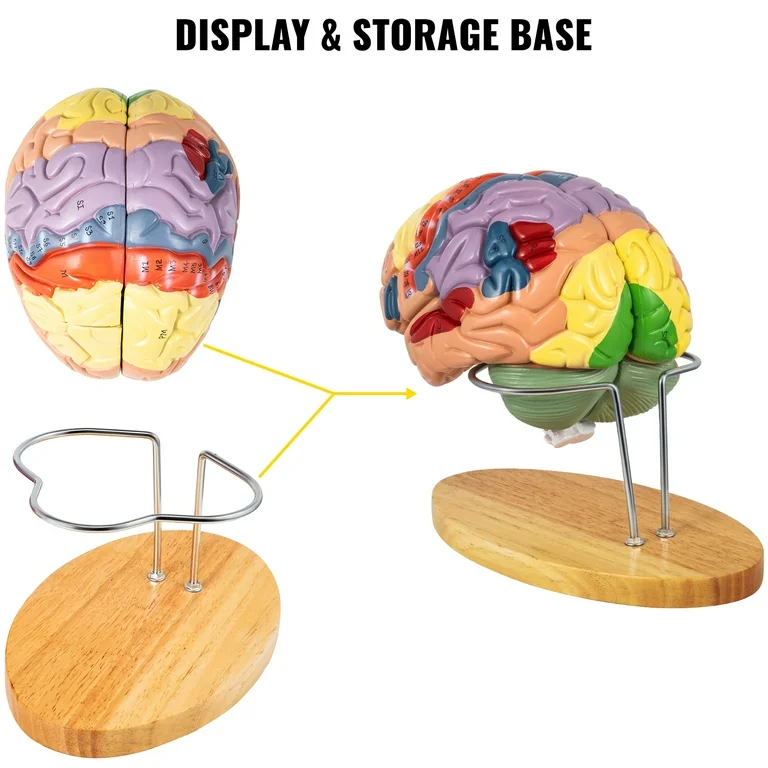
Hydration and Its Importance
Hydration is crucial for maintaining cognitive function. Even mild dehydration can lead to feelings of fatigue and impaired concentration. Drinking enough water supports brain health and overall well-being. Aim to consume enough fluids throughout the day to stay properly hydrated.
In addition to water, certain hydration-rich foods contribute to overall fluid intake. Fruits such as watermelon, oranges, and cucumbers contain a high-water content. Incorporating these foods into daily meals can help maintain hydration levels.
Transitioning to water as the primary beverage can have a significant impact. Reducing consumption of sugary drinks can improve hydration and overall health. Incorporating hydrating foods like fruits and vegetables into the diet can enhance fluid intake. Consequently, proper hydration supports cognitive function and reduces brain fog symptoms.
The Impact of a Balanced Diet
A balanced diet is key to improving cognitive health. Combining various food groups provides the necessary nutrients for optimal brain function. Focusing on whole foods, such as lean proteins, healthy fats, fruits, and vegetables can help improve clarity and focus.
Transitioning to a more balanced diet may take time, but the benefits are worth it. Gradually incorporating healthier options into meals can lead to lasting changes. A colorful plate filled with nutrient-dense foods can enhance cognitive function.
Moreover, reducing the intake of processed and sugary foods can positively impact brain health. These foods often contribute to brain fog and decreased mental clarity. By prioritizing nutrient-rich foods, individuals can experience significant improvements in cognitive function. Consequently, adopting a balanced diet is essential for combating brain fog and supporting overall mental well-being.
By focusing on these best foods for brain fog, individuals can enhance mental clarity and improve cognitive function. Continued attention to nutrition plays a vital role in overall brain health. Making gradual changes in dietary habits can lead to long-lasting benefits. Therefore, embracing a brain-healthy diet is a worthwhile endeavor for anyone experiencing brain fog.
